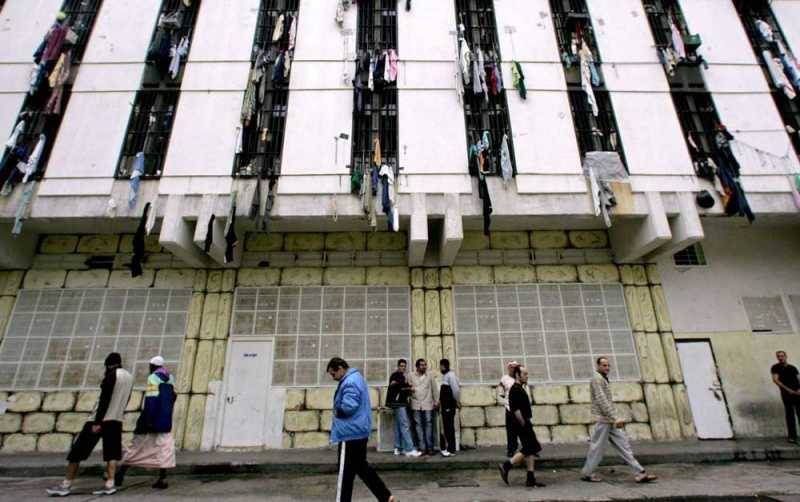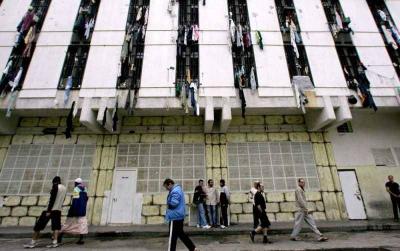Lebanese authorities have begun the procedures for the deportation of Syrian prisoners and their handover to Damascus to complete their sentences in their home country. However, this ambition still faces a reality that prevents its execution. A source following this matter revealed to "Anbaa" that the implementation of this plan is impossible due to logistical, legal, and even political obstacles.
In accordance with the decision assigned for this difficult task, Major General Elias Bechara, the Director General of General Security, is preparing the file and gathering the relevant data before heading to Damascus to discuss the issue with the Syrian side, in execution of the official Lebanese decision and the verbal agreement between Prime Minister Najib Mikati and his Syrian counterpart Hussein Arnous.
The aim of this procedure is to alleviate overcrowding in Lebanese prisons, especially since recent statistics indicate that the number of Syrian prisoners in Lebanon exceeds 30%, representing one-third of the inmates in Lebanese prisons, which is increasing daily.
Some view the government’s initiative as exaggerated or overly optimistic. A relevant official source regarding the prison files confirmed to "Anbaa" that there are about 350 Syrian prisoners with sentences, and only these individuals can be discussed regarding the possibility of deportation to serve the remainder of their sentences in Syrian prisons. This source pointed out that this number does not change the reality of overcrowding in the prisons and emphasized that the real problem lies with the detained Syrians, whose number exceeds 1,800 individuals. If those held in holding cells and temporary detention centers are added, the number will surely rise to 2,500.
The official source, who requested to remain anonymous, firmly stated that the mere thought of deporting detainees who have not received final and conclusive judgments constitutes a violation of the rule of law and the right of the Lebanese judiciary to continue their trials. They questioned how it would be possible to deport detainees facing charges of theft, murder, or kidnapping, or those involved in drug trafficking gangs.
They wondered if the state realized that deporting these individuals would disrupt the prosecution of their partners in these crimes, whether Lebanese, Palestinian, or from other nationalities. The same source continued, stating that if detainees were unlawfully removed from ongoing trials in Lebanon, who would compensate those harmed by the mentioned crimes, and how would the latter secure their rights? They considered this attempt to be nothing more than political propaganda.




